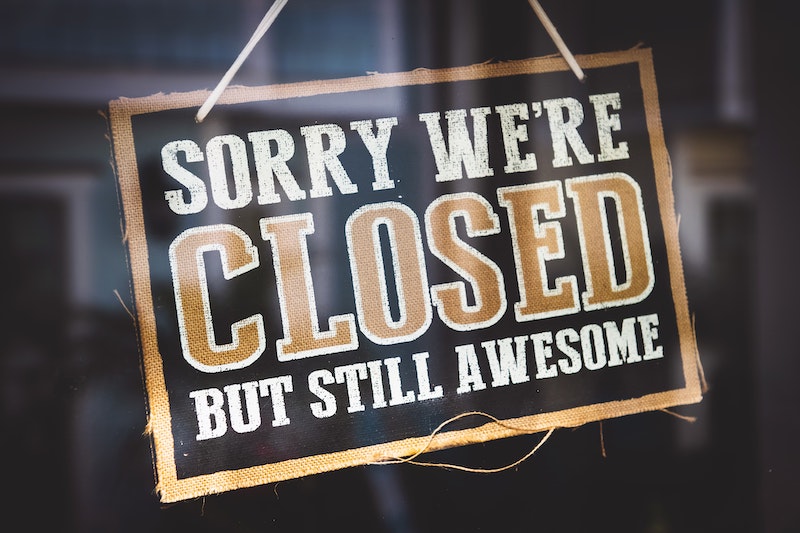Consider This Before Quitting Your Job To Become an Entrepreneur
Powered by RedCircle
Today I got an email from Andrew Seaman, he is an editor in Linkedin news and he mentioned something really interesting: As it seems, a lot of people are waiting for the covid situation to be under control to start exploring new projects and opportunities. In Andrew’s words: “Experts are predicting a Great Resignation”.
Start Working On Your Next Indie Project
Get a step-by-step guide to help you structure your ideas and find paying users
This resonated with me. I recently quit my job to focus on my side projects with the hope of starting my own company and becoming my own boss.
Since I did that I got approached by many other peers that were also thinking of doing something similar and I have been meeting a lot of other brilliant entrepreneurs.
Everything is still very recent and I am sure that I will be learning much more in the future but here are the top 3 things I considered before making the decision:
1 - Calculate Your Monthly Expenses
I looked back to the previous six months and figured out, on average, how much was I spending per month. This included rent, groceries, travel, etc… This allowed me to calculate how much money I require per month to keep the same lifestyle and to figure out if I could save money by cutting out a couple of non-necessary amenities.
2 - Define a Reserve Buffer
I figured, based on my previous experience, that it could take me up to 6 months to find a good job, in case I wanted to get back out there. By multiplying 6 months by my monthly spending I was able to calculate my “reserve money”. This is the minimum amount I want to keep in my bank account which means that if I start burning this money it’s time to start seriously considering finding a source of income, aka a job.
3 - What’s Your Runway?
Now that we know our monthly spending and our reserve money is easy to calculate for how long can we purely focus on our side project’s
Runway (in months) = (Money Saved — Reserve Money) / Monthly Spendings
4 - Keep Updating Your Resume
In my endeavor, I might lose money and hair but one thing I must always increase is my knowledge because that’s my biggest asset. I decided to update my resume every couple of months and if I have nothing new to add there it means that I have to change something.
5 - Try to Make Money From The Start
Before leaving weekend.com my boss gave me some advice that I carry with me in all my projects: “If the project can not make you rich, don’t do it!”. One of the first things I do when starting a new project is to think about how I can make money with it and how much. Making money is what will determine if I get to work on my projects long-term or if I will have to get back to the job market so it must be a priority when pursuing any new endeavor.
6 - Surround Yourself With Like-Minded People
Most likely your peers and friends won’t be able to support you since they have never gone through a similar situation.
You will have questions and doubts, and joining a community for makers, will give you access to a group of people that are going through the same with whom you can share your journey and get the support you need.
Here is a list of the top free communitites for indie makers

